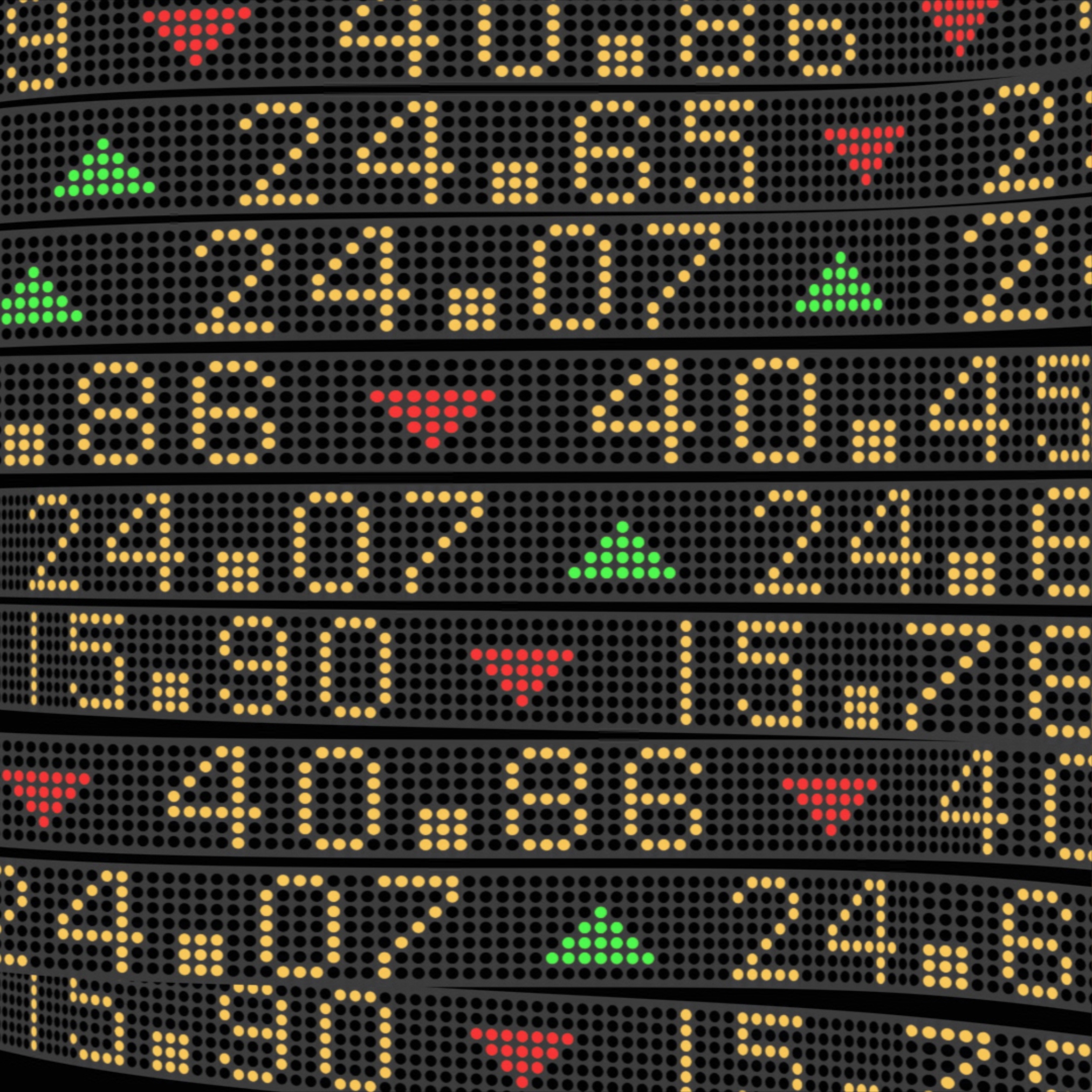
In traditional economic analysis, the stock market is supposed to cheer strong economic news. In the new world of easy money, where the markets want the near-zero interest rate policies to continue indefinitely, there is another hope. Right now the financial markets seem to be hoping for economic good that is just marginally good.
Tuesday’s economic reports were dominated by a very strong consumer confidence report. The Conference Board reported that August’s Consumer Confidence Index came in at an unexpectedly strong 101.1. The cutoff date for the preliminary results was August 18.
This is higher than expectations, and the July reading was 96.7. It was also a series high dating back to September of 2015. Bloomberg had expectations of 97.3, with an Econoday range of 94.5 to 98.3. Dow Jones was calling for a consensus of 97.0.
Improvements were seen in both the current and expectations components. The Present Situation Index rose from 118.8 to 123.0, while the Expectations Index improved from 82.0 last month to 86.4.
Lynn Franco, Director of Economic Indicators at The Conference Board, said:
Consumer confidence improved in August to its highest level in nearly a year, after a marginal decline in July. Consumers’ assessment of both current business and labor market conditions was considerably more favorable than last month. Short-term expectations regarding business and employment conditions, as well as personal income prospects, also improved, suggesting the possibility of a moderate pick-up in growth in the coming months.
Consumers’ appraisal of current conditions improved in August, while their optimism regarding the short-term outlook was said to have also picked up. Consumer outlook for the labor market was also more favorable than in July. These were broken down as follows:
- Those stating business conditions are “good” increased from 27.3% to 30.0%.
- Those saying business conditions are “bad” remained virtually unchanged at 18.4%.
- Those claiming jobs were more “plentiful” increased from 23.0% to 26.0%.
- Those claiming jobs are “hard to get” also rose, from 22.1% to 23.4%.
- The percentage of consumers expecting business conditions to improve over the next six months increased from 15.7% to 17.3%.
- Those expecting business conditions to worsen decreased from 12.4% to 11.1%.
- The proportion expecting more jobs in the months ahead rose from 13.5% to 14.2%.
- Those anticipating fewer jobs remained virtually unchanged at 17.5%.
- The percentage of consumers expecting their incomes to increase improved from 17.1% to 18.8%.
- The proportion expecting a decline decreased marginally from 11.0% to 10.7%.
Again, the market is now hoping for decent economic readings at this time. The hope is that just marginally positive economic reports will keep the Federal Reserve from hiking interest rates too fast and by too much. Just keep in mind that economic policy is likely to remain easy for quite some time.
Stocks were indicated flat and looking for direction early on Tuesday. By about 11:30 a.m. Eastern time, the Dow was down 64 points (18,438) and the S&P 500 was down 6 points (2,174.3).
Get Ready To Retire (Sponsored)
Start by taking a quick retirement quiz from SmartAsset that will match you with up to 3 financial advisors that serve your area and beyond in 5 minutes, or less.
Each advisor has been vetted by SmartAsset and is held to a fiduciary standard to act in your best interests.
Here’s how it works:
1. Answer SmartAsset advisor match quiz
2. Review your pre-screened matches at your leisure. Check out the advisors’ profiles.
3. Speak with advisors at no cost to you. Have an introductory call on the phone or introduction in person and choose whom to work with in the future
Thank you for reading! Have some feedback for us?
Contact the 24/7 Wall St. editorial team.


